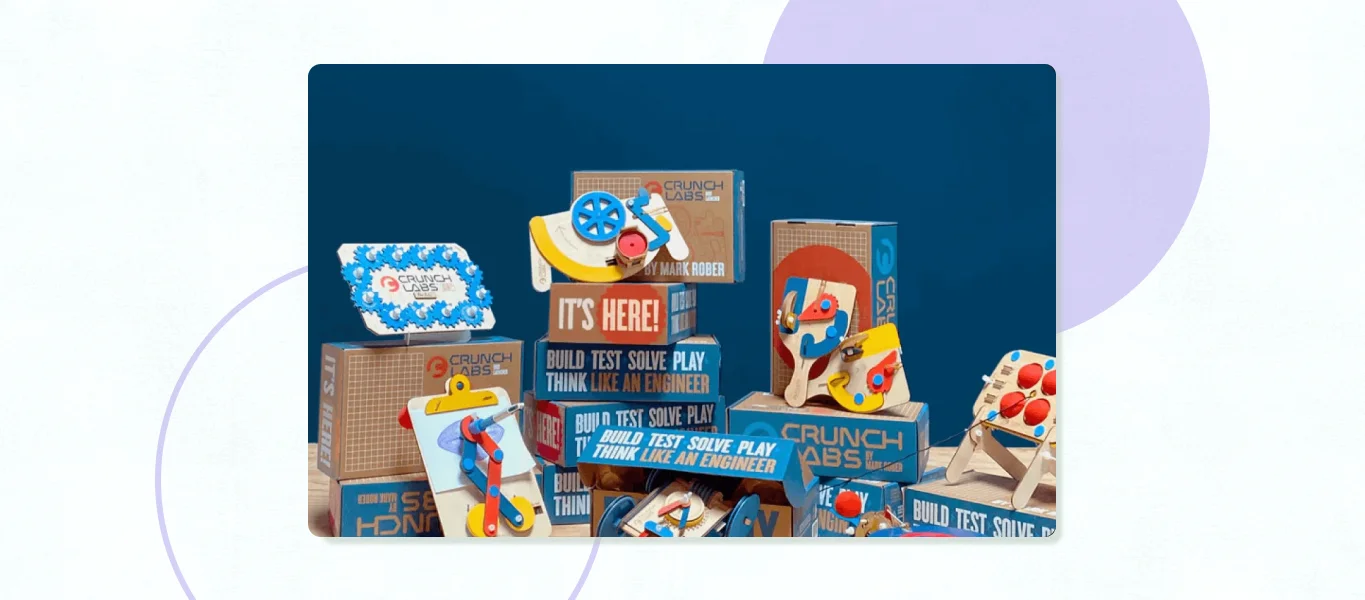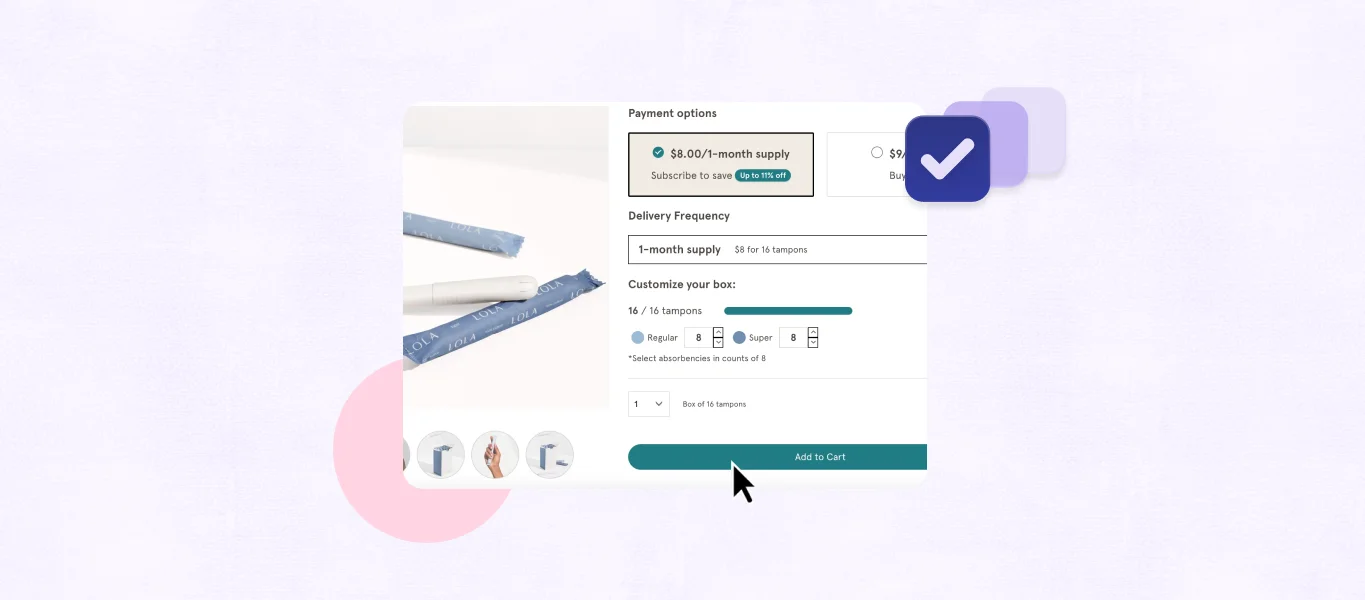Written by Sarah Gallagher, CEO at Sellry.
As we look ahead to the second half of 2023, we’re looking back to 2022 to pull key insights that will help us anticipate the emerging trends for the holiday season and the rest of the year. In this blog post, we’ll delve into the significant ecommerce statistics we saw in 2022 and outline four top issues that are shaping ecommerce roadmaps for the rest of 2023.
Reflecting on 2022
One of the standout metrics of the last quarter of 2022 was the remarkable improvement in conversion rates. On average, our clients experienced a 9.7% increase in conversion rates compared to the previous quarter. Additionally, we drove a 4.9% increase in AOV across clients during the holiday season of 2022. These upswings can be attributed to a few key initiatives:
Intelligent Testing
Doing A/B or split testing on landing pages, PDPs, and at checkout helped our brands to optimize KPIs around adds-to-cart and conversion. I wish I could tell you that there’s a single right answer for every ecommerce site (turn your Add to Cart button green!)—but in reality, each brand’s audience is different, and how they use and respond to your brand’s site is different as well.
At Sellry, we like to come up with a list of hypotheses, and then run a series of A/B tests—both big (full page redesign) and small (showing savings in dollars vs percentages) to find winners, then keep testing and iterating on those to continue to optimize.
Personalization
Holiday 2022 was marked by an increased focus on delivering personalized experiences to customers. We know that customers are 80% more likely to convert when they have a personalized experience on a site, so brands looked for ways to offer unique journeys catered to each individual customer.
A personalization initiative can range from low effort to significant, but it’s easy to start small and scale using what you’ve learned. Customers and brands can benefit from features like smarter search results that deliver intelligent product recommendations, product finder quizzes that guide customers to a product or set of products right for them, or on-site sections that remember what products a customer viewed on their last visit to help them continue a shopping journey.
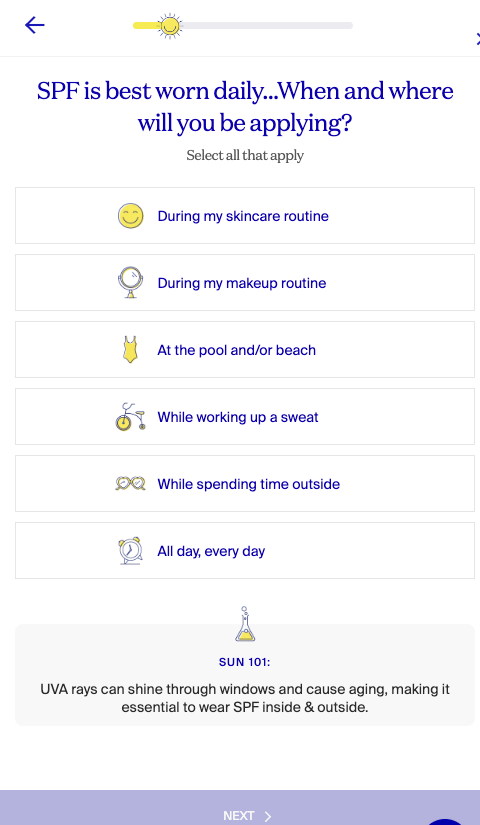
Holiday planning for 2023
In today’s landscape, both retailers and customers remain acutely sensitive to the effects of inflation and are highly responsive to price pressures. This is particularly evident in ecommerce, where the drive to commoditize products can be overwhelming, and pricing dynamics evolve rapidly. Over the last few years, we’ve experienced rapid growth in ecommerce and now we need to be smart about what we’ve learned and how we talk to our customers to efficiently recognize the benefits of that growth.
To navigate this environment successfully, it’s critical to identify strategies that go beyond conventional marketing-based pricing approaches and discounting. In 2023, our clients are focusing on three key strategies to address these pressures in the market now, and going into the holiday season this year:
1. Price testing
Price testing on Shopify can help to evaluate and analyze the impact of different price points and shipping costs on consumer behavior and conversion. It involves systematically varying prices for a product and creating different price/shipping combinations within specific customer segments. This allows brands to see how changes in pricing affect demand, sales volume, revenue, and profitability, and gain insight into the optimal pricing strategy that maximizes profitability, conversion, or customer acquisition.
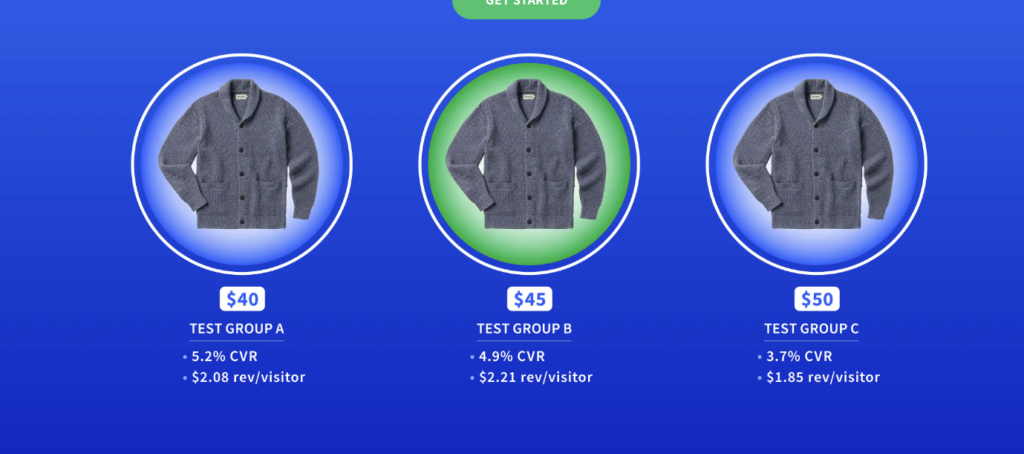
Merchants can then use this data to make informed decisions about setting prices, adjusting pricing structures, implementing promotional strategies during the holidays, and understanding the price elasticity of demand. By implementing this kind of testing now, merchants will be able to strike the ideal balance between pricing competitively to attract customers and pricing for profitability during the holiday season of 2023.
2. Product bundling
Bundling allows businesses to increase average order value by encouraging customers to purchase additional items or products in multiples. Customers perceive added value in purchasing a bundle compared to individual products, which can lead to increased conversion and sales.
If you have a suite of products that can serve different customer goals, bundling can offer convenience by giving customers a ready-made solution for their specific needs.
If, instead, you offer products that come in different flavors or variants, you might offer “build-your-own” bundle functionality that lets customers create product packages unique to them.
Effective bundling strategies can help brands differentiate from competitors and marketplaces. Unique and compelling bundles can attract customers—and paying attention to the data around how customers use bundles can help plan product mix and promotional materials for holiday 2023.
3. Customer retention & loyalty
As customer acquisition costs rise, we’re paying even closer attention to customer retention in 2023. Personalized marketing campaigns, loyalty programs, and exceptional post-purchase experiences will be instrumental in fostering customer loyalty.
Studies suggest that acquiring a new customer can cost five to seven times more than retaining an old one. Understanding your current customer, what they want, and how you can keep them coming back is critical to building on the growth of the last few years.
This can look like new or improved loyalty programs that give real value to customers, updated referral programs that give customers reasons to share with friends, and compelling subscription offerings with tools that make it easy to manage their subscriptions.
4. Sustainability as a differentiator
With increasing awareness of environmental issues, consumers are becoming more conscious of sustainable shopping practices. Ecommerce businesses adopting eco-friendly initiatives, such as resale, carbon-neutral shipping, and ethically sourced products, can use these initiatives to stand out to customers looking to put their dollars behind companies that share their values.
Sustainability will not only attract environmentally conscious customers but also strengthen brand reputation and build more loyal customer relationships.
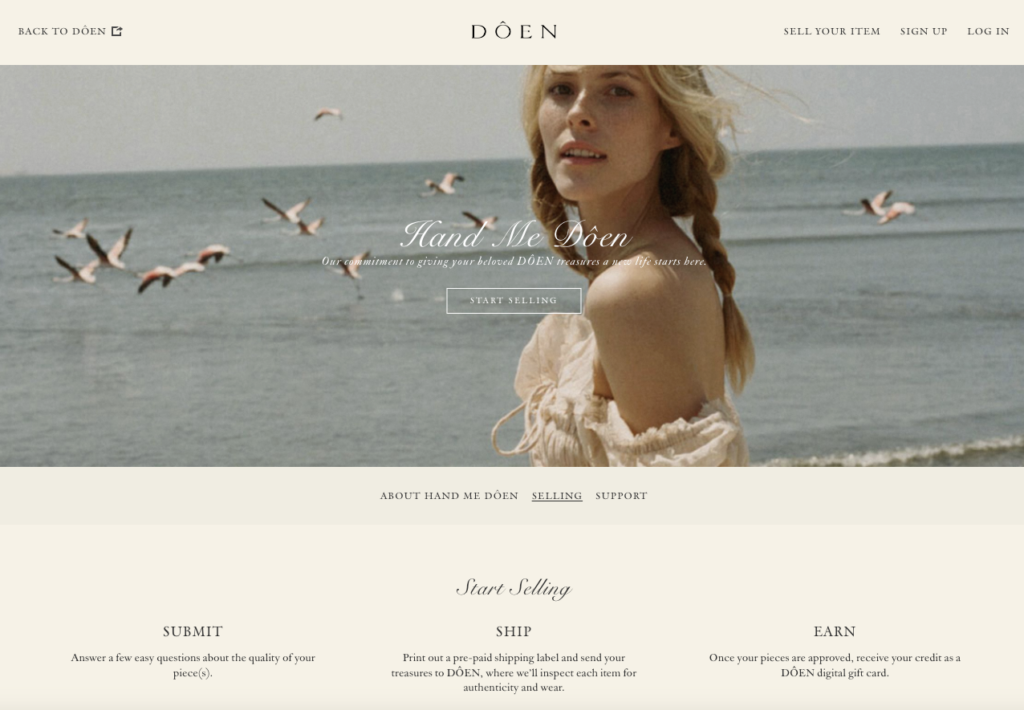
In conclusion…
By continuing to refine strategies based on what worked in 2022 and what we’re seeing at the beginning of 2023, brands can position themselves for success for holiday 2023 and beyond. Please visit Sellry.com to download trend whitepapers and get more information on how we work with our customers to drive ecommerce success.
Sources
[1] Customer Retention Versus Customer Acquisition (Forbes)


